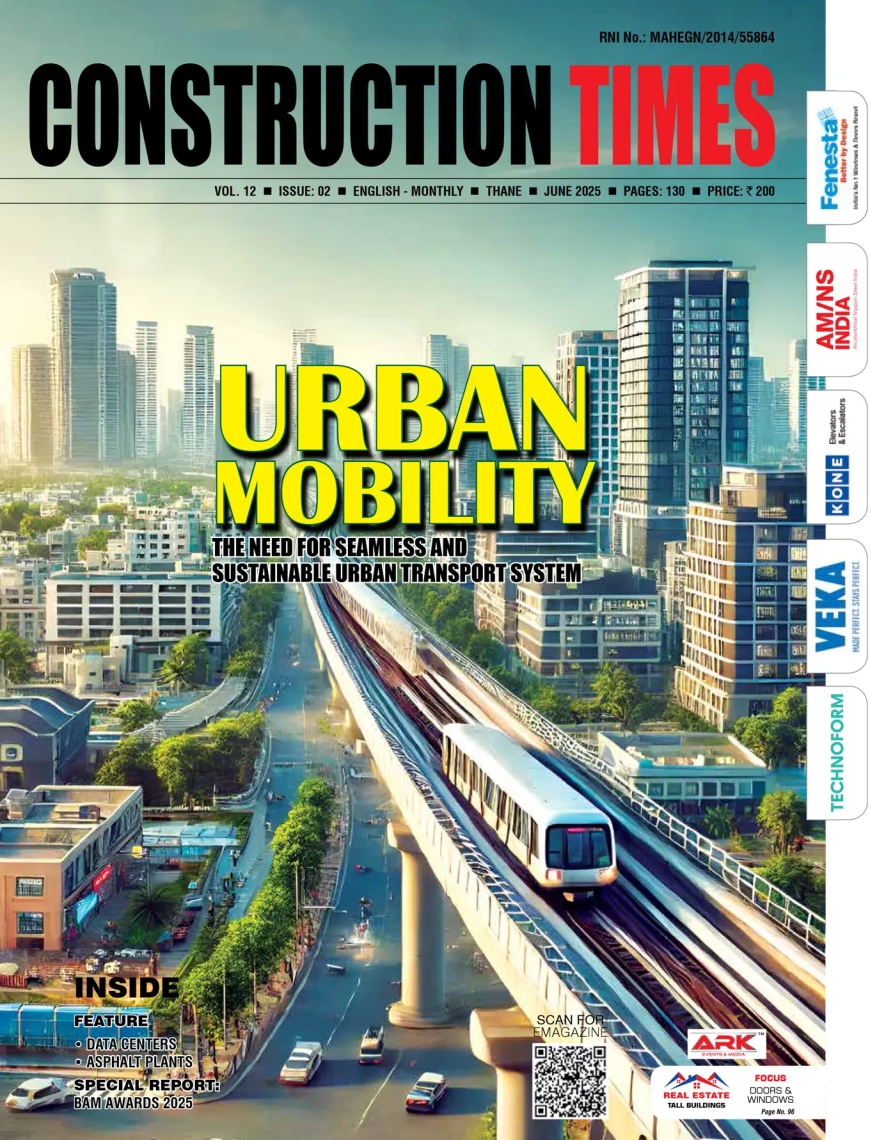Front-end mediation

There are many sensible reasons why parties involved in commercial disputes should avoid litigation and, instead, use an Alternative Dispute Resolution (ADR) method such as arbitration, conciliation, and mediation.
Litigation is inordinately slow and expensive. Parties need to spend lots of their time and energy preparing for meetings with lawyers and attending court appearances rather than being involved in the day-to-day management of their businesses. Add to the mix the emotional burden of testifying at trial and responding to potentially brutal cross-examination by the other party’s lawyers, and one will understand the attraction of using ADR instead of taking matters through the courts.
ADR is normally far less time consuming and more cost-effective than going to court. It enables parties to retain control over the process and timetable for resolving their disputes. ADR involves the introduction of a neutral third party who will normally be someone with high levels of knowledge and experience in the subject matter that is at the heart of the parties’ dispute. Arbitration, conciliation and mediation are, unlike litigation, private. They allow parties to avoid a public fight and keep their disagreements confidential.
However, a problem with ADR is that, just like litigation, it can often happen too late.
Arbitrators, conciliators, and mediators are usually appointed only after disputes have existed for a lengthy amount of time. By the time ADR begins, both parties will usually be entrenched in their respective positions. They will likely have already incurred significant costs preparing their cases, paying lawyers’ fees, and instructing experts to prepare reports.
Arbitration in particular is only ever initiated when a dispute between parties is firmly established. By the time an arbitrator is appointed, each side will already be fully armed with lawyers and experts. They will have expended lots of time and money preparing their key arguments and evidence. Everybody will be all set for a long and potentially stressful fight.
It is often the case that conciliation and mediation are also utilised far too late and long after the possibility of a mutually agreed outcome is capable of being achieved.
So, if there was a form of ADR available that could possibly resolve disputes before everyone incurred unnecessary expense, why not explore it?
Mediation is a process that can be used at any time in the course of a dispute, sometimes as late as the final stages of preparation for a court or arbitration hearing. It can also be highly effective when applied early, before a dispute becomes firmly established, i.e. at the ‘front end’ of a dispute.
Front end mediation involves the early introduction of a neutral, trained, mediator who will usually be someone who has credible knowledge and experience in the subject matter which is in dispute. This means the mediator is able to quickly grasp the key issues and begin to facilitate a meaningful dialogue between the parties. This ensures there is no misunderstandings or assumptions that could escalate to a protracted and potentially expensive dispute. The mediator will use mediation techniques to help focus both parties’ minds on achieving a commercially sensible solution to their differences.
Front-end mediation works where all parties to a dispute want to achieve an outcome that works for them. Once parties recognise there is a difference of opinion that could be difficult to reconcile between themselves, they can introduce a mediator to help them focus on the realities of their developing dispute and the possible solutions.
Mediation helps parties to understand how their joint interests can best be served. It enables parties to explore mutually advantageous options for settlement and achieve a mutually acceptable resolution, early and quickly, before relationships begin to be damaged and significant costs are incurred.
Front-end mediation gives parties, who have one or more differences of opinion that they are unable to reconcile, an early assessment of the strengths and weaknesses of their respective positions. The mediation process provides a safe space for sharing information in a private and confidential forum. It enables each side to understand what the other side thinks and knows and might be able to prove if matters were to end up in litigation or arbitration.
Front end mediation helps to defuse distrust and anger between the parties before things get out of hand and a dispute escalates out of control. The early introduction of trained mediator, who understands the subject matter in dispute and is completely impartial, will make settlement more likely, and save more in terms of time and money, than if the parties utilised mediation much later.
At the very least, front end mediation helps to narrow the difference between the parties. So, if matters do end up in court or arbitration, there will be fewer issues in dispute for the judge or arbitrator to determine, and less time and money spent by the parties.
RICS is hosting a free webinar to discuss whether there has been a cultural change in India regarding the use of mediation to resolve disputes and discover the impact of using mediation earlier in the process. Want to take your mediation skills to the next level? Attend our highly practical and intensive RICS ACRE Mediation training on 13 May. You'll learn how to mediate even the most complex disputes across land, property, construction, and infrastructure. And don't forget to register for our upcoming India Construction Conference to explore the construction landscape in India.
Pros and Cons of Front-end Mediation (23 April)
RICS Mediation Training Programme India (13 May)
https://www.rics.org/training-events/training-courses/rics-mediation-training-programme-india#/
India Construction Conference (13 June)
https://www.rics.org/training-events/conferences/india-construction-conference

Martin Burns







